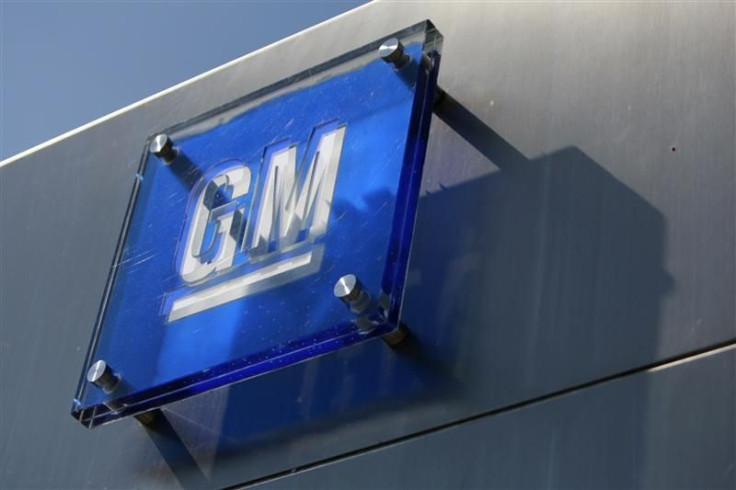Mexican Auto Industry Production Up 24 Percent in Anticipation of Trade Agreement Restructuring

Mexico's auto industry, whose exports to Latin American nations are generating some pushback, produced 24 percent more cars and light trucks in February compared with a year earlier, reaching a record high.
The Mexican Automobile Industry Association said Tuesday automobile production reached a record 242,317 cars and light trucks on strong exports, making last month its best February. Auto exports last month increased 25 percent to 194,640 vehicles, while domestic sales jumped 12 percent to 74,703 cars and light trucks, it said.
The dramatic jump comes as Mexico and Brazil prepare to restructure a trade agreement on auto exports. Brazil will request Mexico to cap auto exports to the country at a value of $1.4 billion, Agencia Brazil reported. Brazil said earlier this year that auto imports from Mexico jumped 40 percent last year, while Brazilian exports to Mexico fell by the same percentage.
Our feeling is that this jump is an anticipation of production ahead of the outcome of the trade agreement revision between Mexico and Brazil, said Bruno Rovai, a Barclays economist.
Mexico's auto exports to Brazil more than doubled to 25,562 vehicles, up from 12,555 a year earlier, setting another record.
While Mexico sells most of the vehicles it produces to the U.S., according to Dow Jones Newswires, its fastest-growing region remains South America and Brazil is fertile ground.
Eduardo Solis, president of the MAIA, has said if Mexico's government agrees to alter the trade agreement and accept export restrictions, it should only do so temporarily. The agreement could be for one, two or three years, but after that period we have to ensure a return to free trade.
For the first two months of 2012, vehicle production increased 13 percent to 445,018 cars and light trucks; and exports are up 10 percent to 352,982 vehicles, the MAIA said. Domestic sales have climbed 11 percent to 150,000 vehicles in the first two months of the year.
Brazil and Mexico have had an auto trade agreement since 2003. Under the plan, the two countries have agreed to not tax each other's vehicles when imported into their respective countries. Mexico, however, has received more advantage from the deal, gaining considerable volume and market share in Brazil and leverage with its government.
In an attempt to protect the national auto industry, the Brazilian government asked for a revision in the agreement - discussion has been going on for a month now, I guess, and no conclusion has been made so far, said Barclays' Rovai.
With the imminence of having the imported tax raised and therefore loose competitiveness in the Brazilian market, one could argue that Mexican auto producers anticipated much of the production ahead of the change in the agreement.
Brazil's auto industry has been pinched by the strengthening of the real, which has also hurt other manufacturing industries in the country. Mexican subsidiaries of General Motors Co., Volkswagen AG and Nissan Motor Co., meanwhile, have been able to take advantage of a weaker peso to improve the value of exports.
© Copyright IBTimes 2024. All rights reserved.











